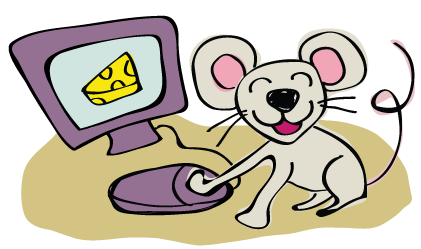Dental Procedures 101
How do I set up the dental procedure?
Please call our office at 612-822-1545 and a receptionist will set up the appointment. If the pre-anesthetic blood testing has not yet been completed, they will schedule a separate visit for the tests before the procedure. A $200 deposit is required to reserve your pet’s surgery date: This deposit is refundable up to 72 hours in advance of the surgery date and will go toward the cost of the procedure.
What should I do in preparation for surgery?
Give your pet his normal meal and medications the night before surgery, and withhold all meals after 8 pm. Give any prescribed pre-surgical meds as directed; it is okay to use a very small amount of food to assist in medicating. We will explain any deviation from this recommendation if your pet has any medical conditions that require a change. Please arrive at the clinic by 7:30 am and bring any special items that may help your pet feel more at home.
What should I expect from the procedure?
Once your pet is under general anesthesia we will use an ultrasonic scaler to remove all tartar, followed by a thorough oral exam, much like what happens at your human dentist. We probe and chart every tooth: we make note of any loose, cracked or worn teeth; teeth with bone loss; and assess for gum recession or deep pockets surrounding each tooth. Dental X-rays are taken of all teeth (42 in dogs and 30 in cats), which informs us what treatments should be completed. Most pets do a great job hiding the severity of their dental disease, and it is not unusual for us to extract (surgically remove) several or more of their teeth during surgery. Rest assured that no teeth will be removed unless we feel it is medically appropriate. Occasionally we encounter truly severe dental disease that cannot be treated within a safe duration of time. In these cases, the veterinarian will call to discuss “staging” the procedure by dividing it into 2 separate surgeries. We try very hard to avoid this situation, but it does occasionally happen when the necessary procedure is especially complex.
If several teeth are removed will my pet be able to eat?
If teeth are removed your pet should not have anything hard in its mouth for 2 full weeks after the surgery. This includes hard foods, toys, treats, sticks, and anything it might want to chew. We recommend canned food or kibble softened in water for 10–15 minutes during these 2 weeks. After the 2 week period, your pet can return to eating and chewing its regular food; it will quickly get used to the feel of its new, clean mouth. We have many pets with no teeth and they keep on eating without any problems.
What should I expect after surgery?
A doctor will contact you to review the procedure and schedule the pick-up time (usually between 1–4:30 pm). Sedatives and medications given to manage pain will mean your pet may be somewhat sleepy when you arrive. Oral medication(s) may be sent home to manage soreness and help keep your pet calm to minimize complications. Your pet may eat a little more slowly for the first few days and you may see a small amount of blood in the food or water bowl.
Why does the estimate have a wide range in cost?
It is very difficult to assess the degree of dental disease in dogs and cats during a physical exam. Many pets resist examination of their mouths, especially when they have pain—and much of the disease process happens under the gum line and in the deep recesses of the mouth. We create estimates to minimize surprises and to account for more anesthesia and dental surgery time if needed to complete your pet’s procedure. The vast majority of pets undergoing a dental procedure will have teeth surgically extracted.
How can I have my pet’s procedure done more quickly?
If we feel we cannot meet the needs for your pet within a medically appropriate time frame we will refer you to a veterinary dental specialist. Most pets’ dental disease can be managed until the time of the procedure with antibiotics or pain management medications.



